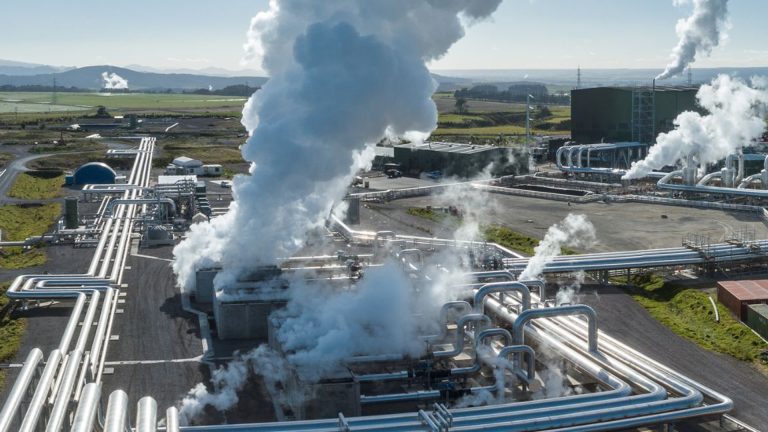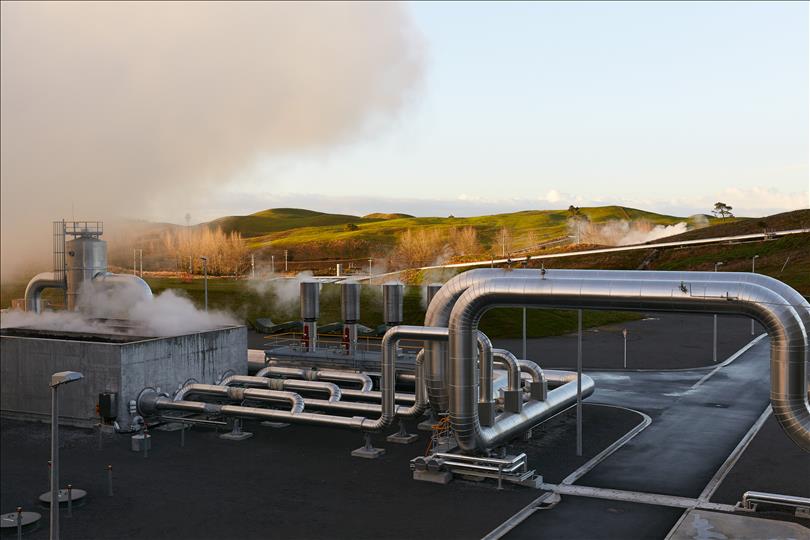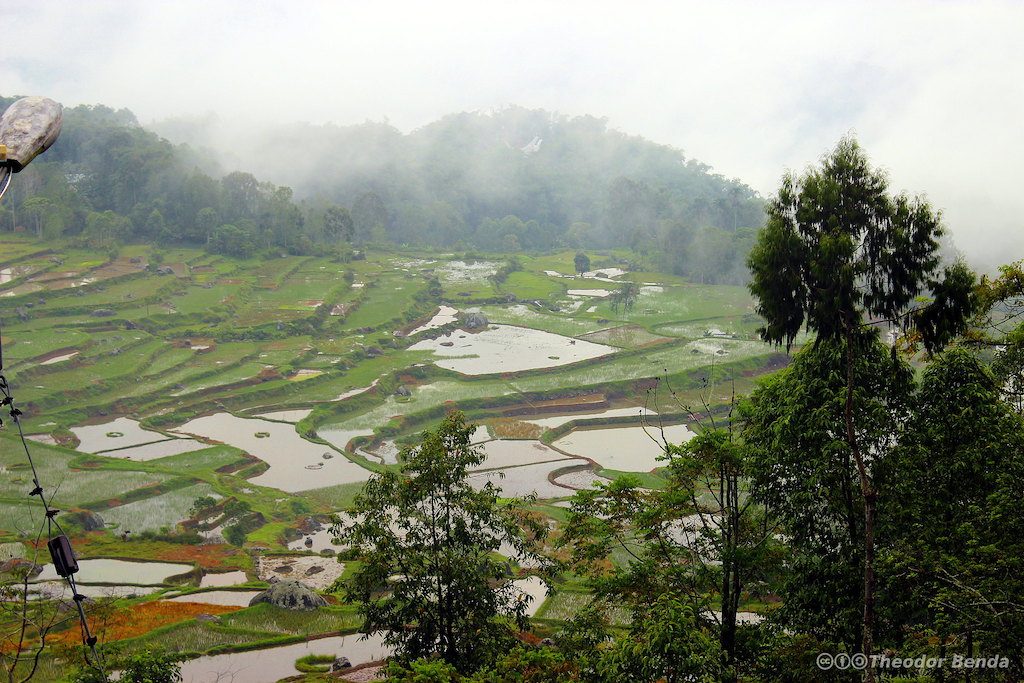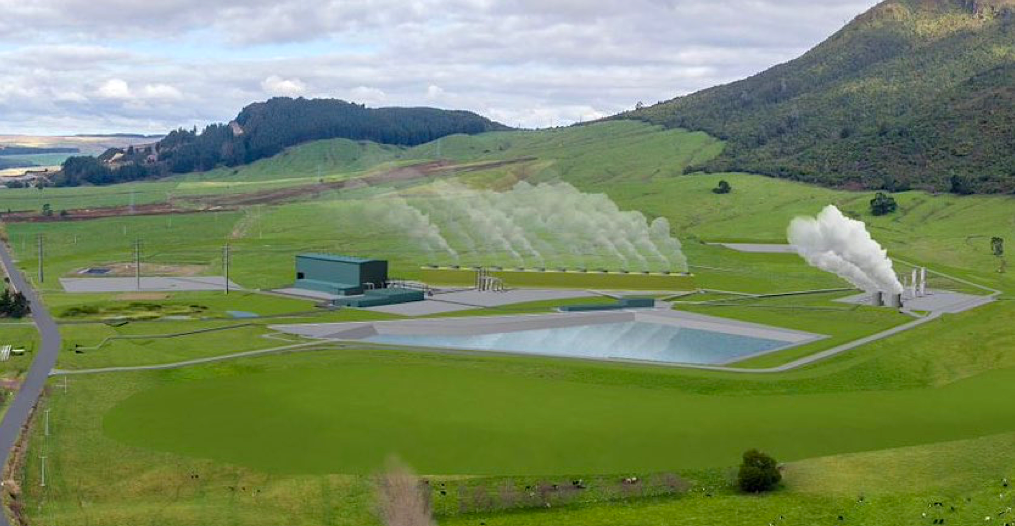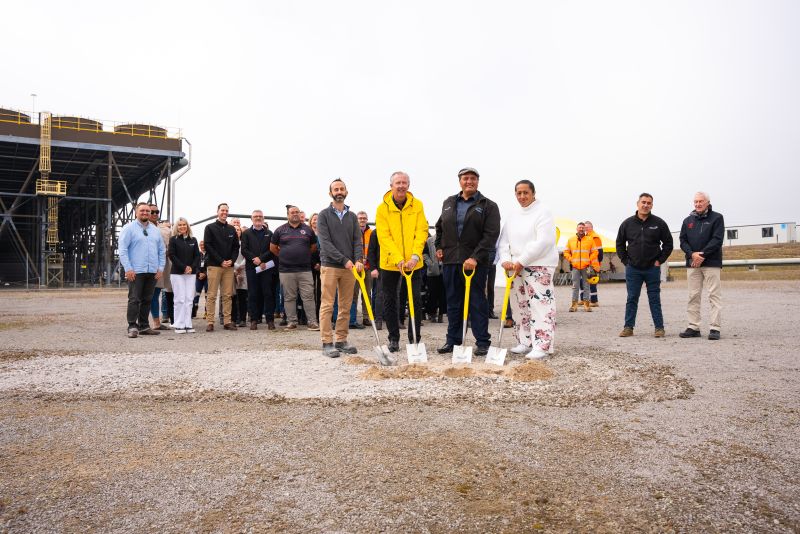
Following this investment, Sojitz and Next plan to work together to advance Next’s proposed 750-million-gallon-per-year renewable diesel and sustainable aviation fuel (SAF) facility at Port Westward, Oregon.
These activities are anticipated to include:
Facilitating delivery of Next SAF into the Japanese market and to Japanese airlines in coordination with United Airlines, an existing shareholder and strategic partner
Assisting in the technical design, engineering and construction management of Next’s Port Westward facility
Utilizing Sojitz’s extensive worldwide network to help Next build out the sourcing, procurement and transportation of low-carbon renewable diesel and SAF feedstocks
Working closely with Next to build on Sojitz’s strategic investment to raise significant anchor investments into the construction equity of the Port Westward facility, contingent upon Next meeting certain milestone targets
“We are thrilled to be working with Sojitz on developing our world-scale renewable diesel and SAF facility at Port Westward,” said Christopher Efird, CEO and chairperson of Next. “We feel that Sojitz can be an excellent resource with demonstrated expertise of the Japanese aviation market, a worldwide presence across numerous business units, and a deep understanding of, and active business in, many of the types of feedstocks that Next seeks to use in the production of its fuels.”
Next aims to produce sustainable fuels from biomass feedstocks like used cooking oil, animal tallows and waste vegetable oils.
The Port Westward facility is expected to use hydroprocessed esters and fatty acids (HEFA) technology, which, according to Next, is currently the only commercially available method for producing SAF from biomass sources.
Next plans to produce up to 50,000 barrels of SAF or renewable diesel per day, or 750 mgy.
In addition to its SAF and renewable diesel facility, Next is exploring other clean fuel business opportunities, including producing clean hydrogen and renewable natural gas, procuring low-carbon feedstocks to produce next-generation renewable fuels, and engaging in a range of other decarbonization initiatives.
“The Sojitz Group is working toward a decarbonized society through its Sustainability Challenge long-term vision for 2050,” said Koichi Yamaguchi, CEO of Sojitz Americas. “We will contribute to the decarbonization of the airline industry by expanding the supply of SAF and by developing a supply chain and system for Japanese airlines.”
Sojitz is a Japanese conglomerate trading and investment company.
Sojitz has strength in the aviation field, including a more than 60-year relationship representing Boeing in the Japanese market.
In addition, Sojitz has experience in a wide range of other areas, including chemical trading and project structuring for facility construction.
Using this expertise, Sojitz will support the supply of SAF to Japanese airlines as they seek to reduce their carbon footprints.
As the global trend toward decarbonization accelerates, the aviation sector faces an urgent need to respond in kind.
The International Civil Aviation Organization led the implementation of the CORSIA emissions-reduction framework, which requires airlines to reduce or offset their emissions from international flights to 15 percent below 2019 levels.
To reduce greenhouse-gas emissions from aviation, SAF is an essential alternative to conventional aviation fuel, and demand is expected to grow rapidly.
